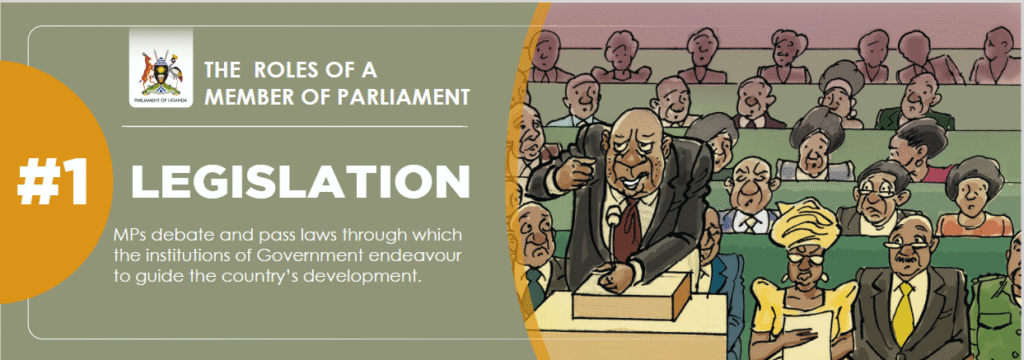Civil society actors have expressed concerns about Uganda’s prospects of achieving national targets for the 2030 Global Sustainable Development Goals (SDGs), and specifically Goal Number Three (SDG 3), which relates to healthcare services but also the general well-being of Ugandans.
The concerns were raised during a consultative workshop on SGG implementation organized by United Nations Association Uganda (UNAU), and attended by several other civil society actors, members of the fourth estate, and the academia. At an event held at Zion Hotel in Kampala, the members underscored the relevance of health of citizens to development of any society but also citizens should recognize health as a right not a privilege.
Speaking at the event, Moses Talibita, a legal compliance officer at Uganda National Health Consumers Organization (UNHCO) emphasized that health is not a gift- it’s an entitlement. He called on stakeholders to prioritize health financing and insurance, highlighting the role of universal access to health, equity, and system resilience within the 2030 Agenda.
“Whichever citizen you ask, whichever family you go to, they are worried about their healthcare, their safety and their well-being because the catastrophic expenditure on healthcare especially on non-communicable diseases which consume a lot of money through specialized healthcare services continue to fail the improvement of household incomes. That’s why we in civil society are calling on government especially on its international commitments which we should put in our context, formalize them in our budgets and we realize the SDG targets” Moses Talibita noted.
Uganda faces significant challenges in achieving Sustainable Development Goal 3 (SDG 3), which focuses on ensuring healthy lives and promoting well-being for all at all ages. Key concerns include a high disease burden, inadequate access to essential medicines and healthcare services, and the impact of climate change and environmental degradation. Additionally, inequalities, poverty, and weak multi-sectoral coordination hinder progress. Uganda continues to grapple with a high burden of both communicable and non-communicable diseases. For example, malaria remains a major public health problem, and there are concerns about the increasing prevalence of non-communicable diseases.
Mr Talibita stressed that mothers have a right to maternity leave and supportive conditions for breastfeeding, boldly stating; “No mother should die while giving life and health must be recognized as the foundation of sustainable development.”
Members expressed need for a universal healthcare system in form of National Health Insurance Scheme as a social safety net to expand access to quality, affordable healthcare for all citizens. “We have heard of cases of patient detections just because people do not have the universal healthcare especially access to specialized healthcare services. Currently, the available facilities are concentrated in Kampala and therefore there is dire need to decentralize the services that provide cancer, diabetic and heart treatment to other regions.” Talibita stated.
Members also raised concerns over health financing for Uganda which remains bellow international commitments, unfavorable environment for health providers in Uganda, the doctor-patient ratio which remains high -all which undercut the prospects of realizing the SDG 3 targets by 2030.
SDG 3 is crucial for overall human development and well-being, and its targets are interconnected with other SDGs, such as those related to poverty, education, and gender equality.
SDG 3 aims to substantially reduce deaths and illnesses from hazardous chemicals and pollution, addresses the prevention and treatment of infectious diseases like HIV/AIDS, tuberculosis, and malaria, and promotes mental well-being and addresses mental health conditions.
“2030 is just tomorrow and there is a lot of infrastructure that should have been put in place. For instance; look at the roads which are being constructed without walkways for those who want to improve physical fitness, even the play fields have been wiped out and replaced by arcades yet non-communicable diseases are becoming more prevalent.







































